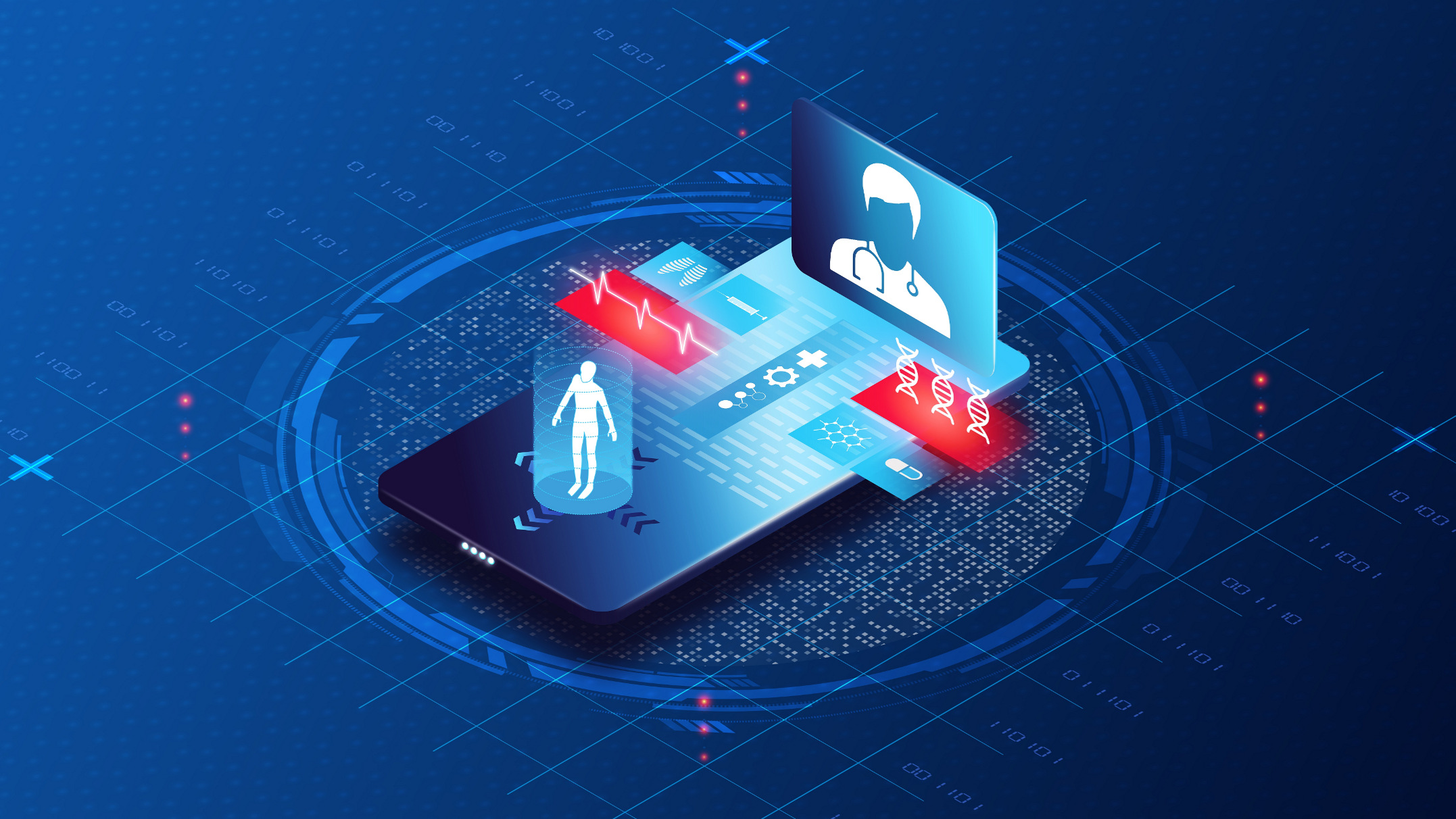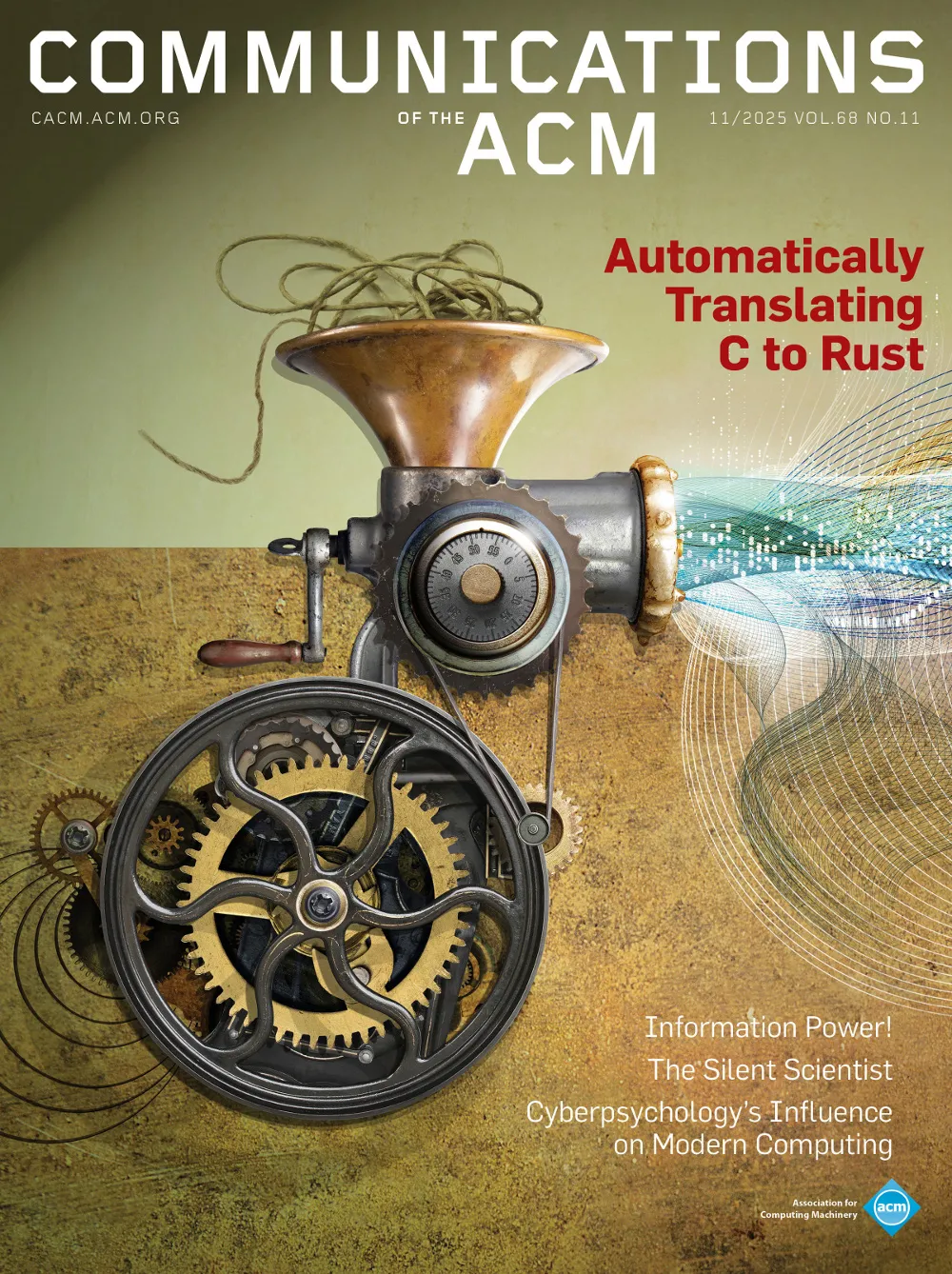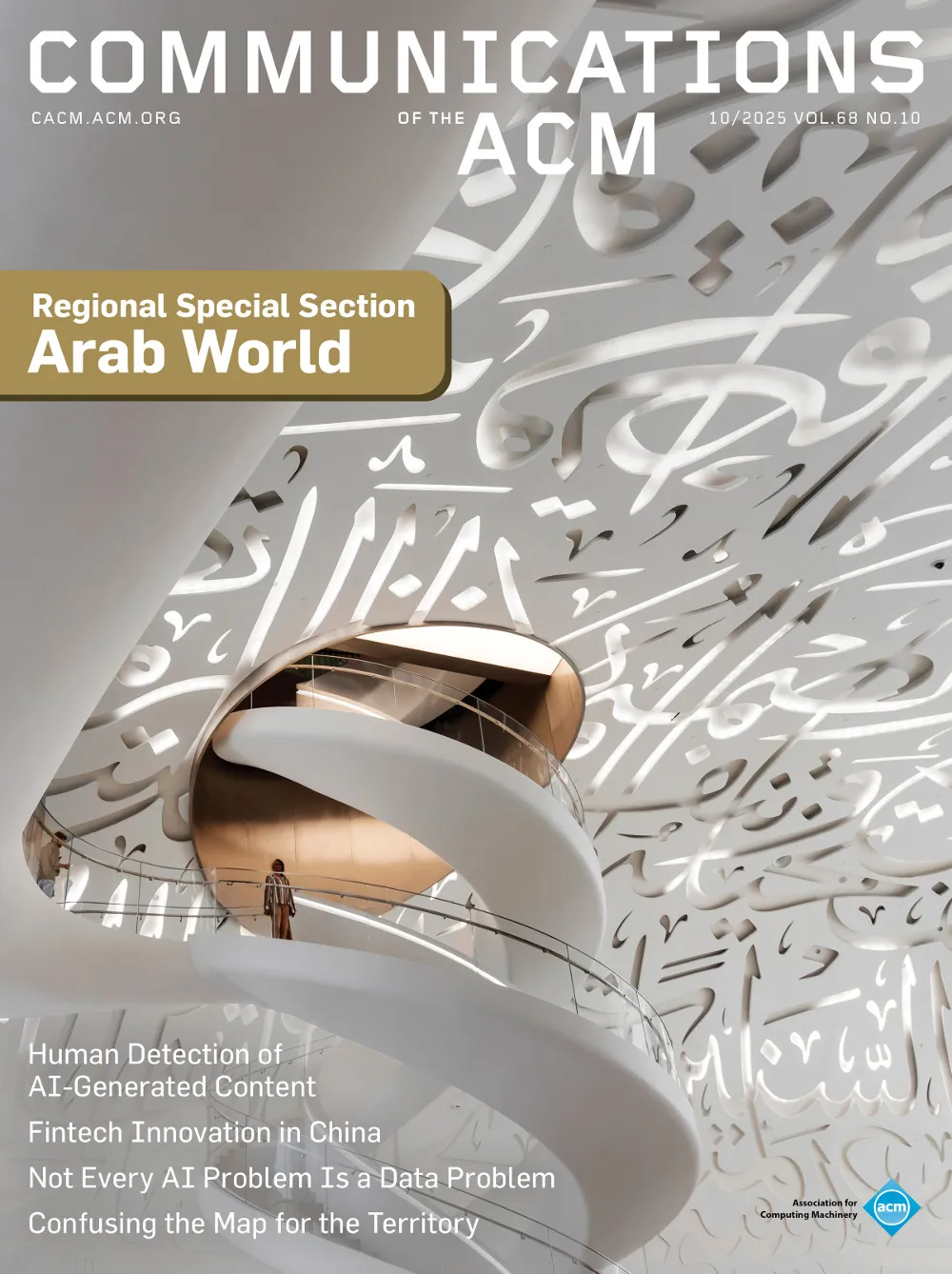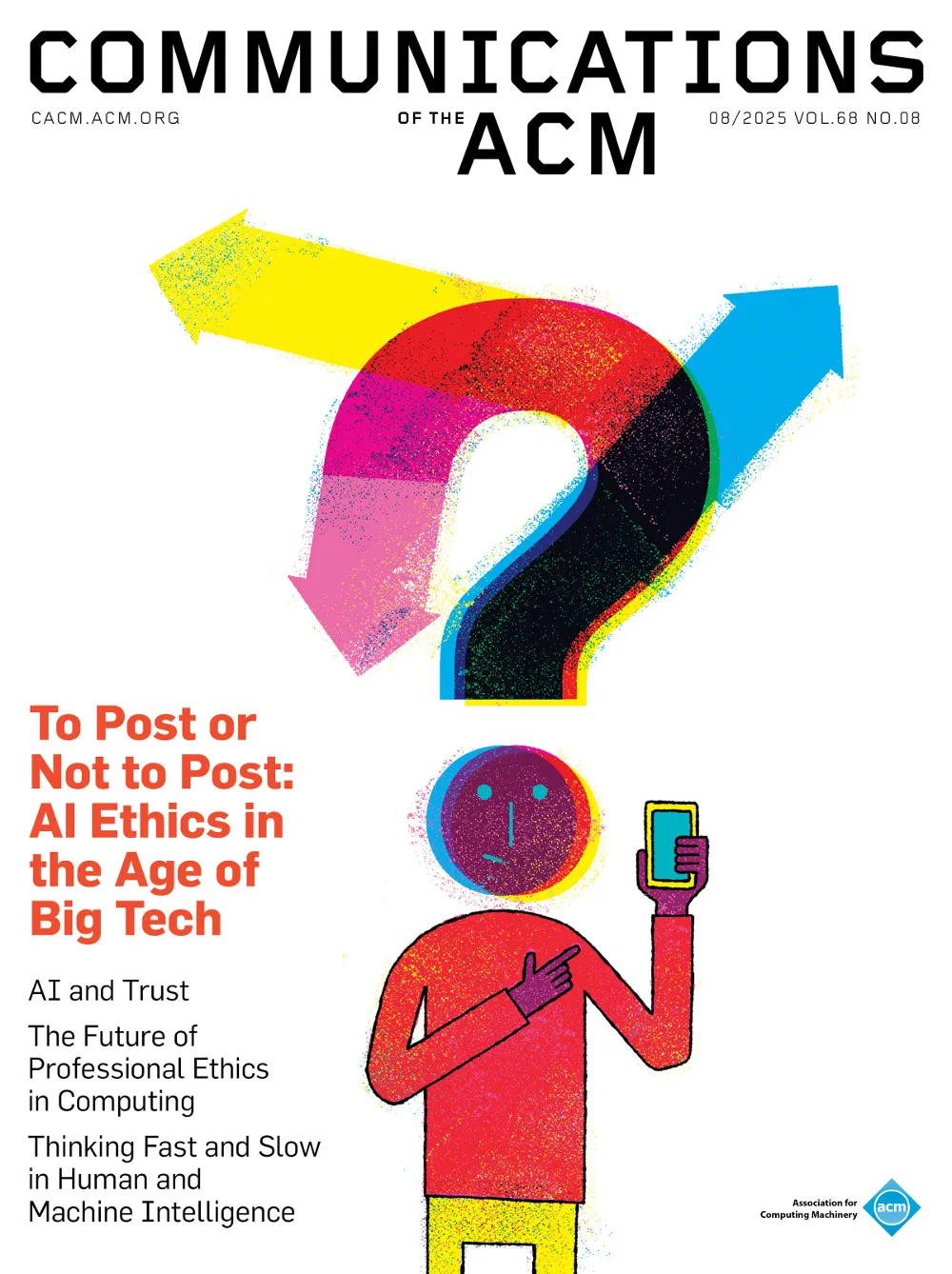For linear optimization problems, the optimum is found in an extremal point. But this is not the case for non-linear problems.
September 2024 - Vol. 67 No. 9

Features
For 20 years, I’ve been helping people translate ideas into software and digital products, working on a tech team or as a mentor, coach, or educator.
Beyond Turing: Testing LLMs for Intelligence
Computer scientists have not developed a consensus on how to measure intelligence, or what exactly to measure.
The Impact of AI on Computer Science Education
How will generative AI tools be incorporated into the pedagogy?
Design and engineering teams increasingly are turning to classical and generative AI to rethink, reinvent, and remake the modern microchip.
Introducing the distinction between a programmer and a coder made the idea of automatic coding more appealing.
Improving Privacy and Security of Telehealth
Concerns for security call for the development of secure, usable, and privacy-preserving tools for telehealth services.
LLMs’ Data-Control Path Insecurity
We need to think carefully about using LLMs in potentially adversarial situations . . . like on the Internet.
Tools of Our Tools? Exploring the Cybercene Conjecture
The future of computing is too important to be left to computing companies who, with the assistance of governments and high finance, have caused or exacerbated many problems.
Public Business and Private Accounts
The implications of the U.S. Supreme Court's recent decision stating that it is illegal to block, in at least some situations, other users on social media.
ACM Profits Considered Harmful
One member's analysis of the ACM's profitability and reserves.
The ACM’s Reserves Enable Its Mission: A Response to William Bowman
The ACM's reserves ensure that we can continue to support diverse and valuable programs, adapt to new challenges, and invest in major initiatives like the open DL.
Trustworthy AI Using Confidential Federated Learning
Classic federated learning emphasizes security and privacy, at the cost of transparency and accountability. Confidential Federated Learning addresses this gap.
Advancing the Search Frontier with AI Agents
AI agents are advancing the search frontier to make more tasks actionable and help make inroads into complex task completion.
The Vulnerability-Adaptive Protection Paradigm
Resiliency solutions for autonomous machines make trade-offs between resiliency and cost.
Technical Perpective: Looking Ahead at Inclusive Technology
A generative AI technology designed to support people with dyslexia.
LaMPost: AI Writing Assistance for Adults with Dyslexia Using Large Language Models
Researchers present LaMPost, an email-writing tool with the potential to support dyslexic users.
Imagining Intelligent Machines
"Our dream to create a machine in our own image that is smart and obedient has been a constant throughout the ages, and what we create depends on the available technology."






















